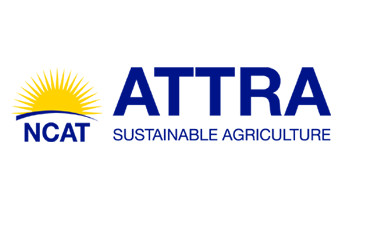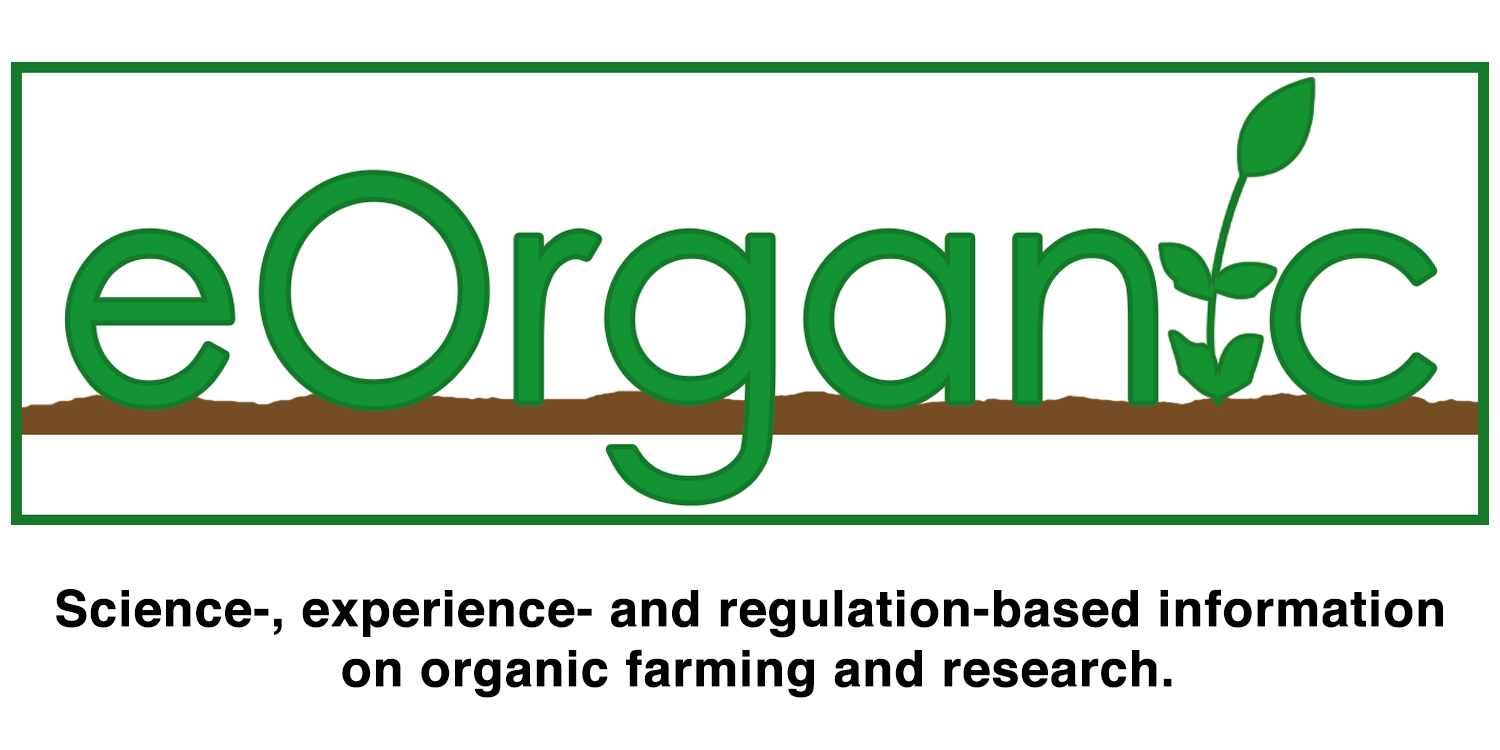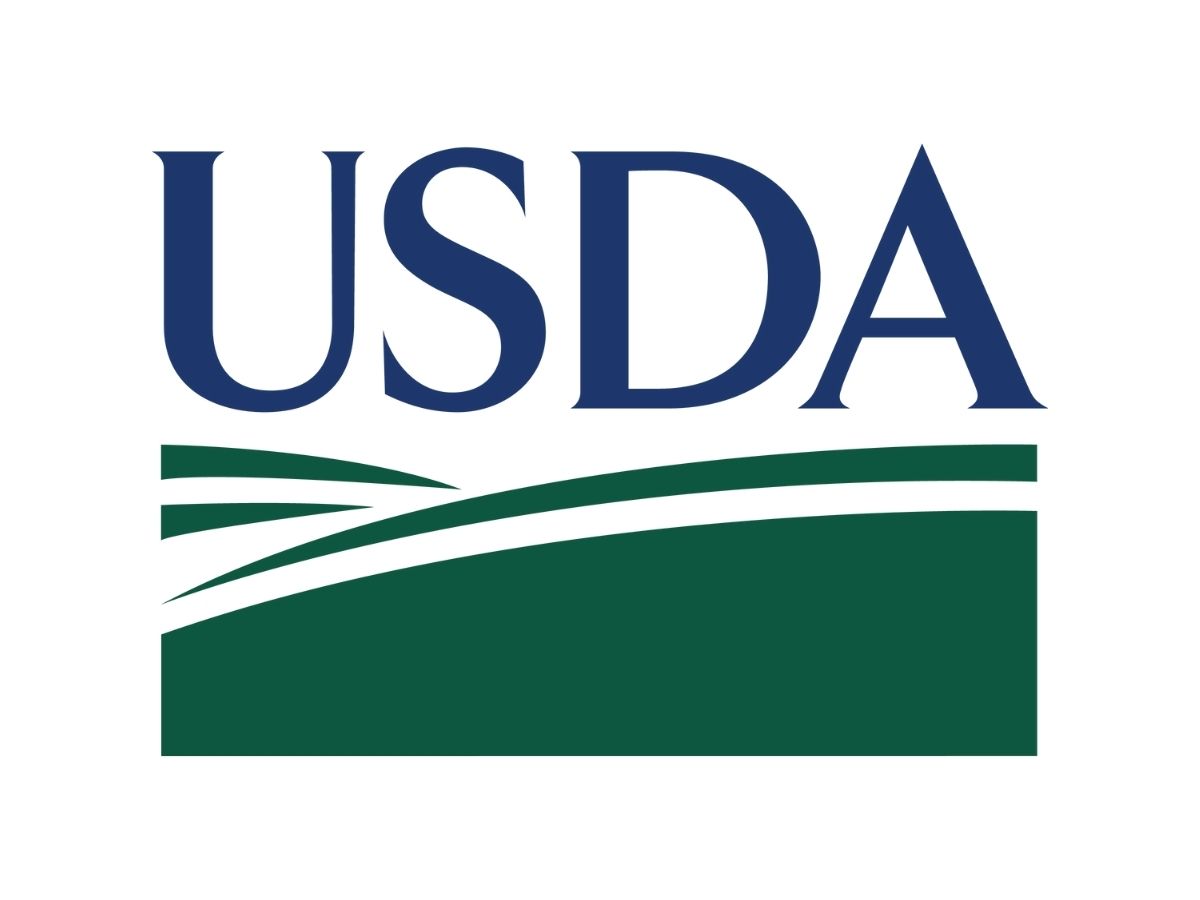-

Your coop is ready. You’ve built a covered run or exercise yard to keep your chickens safe from predators and wild birds that carry diseases. Your chicks are old enough to move outside, and you’re eagerly awaiting your first fresh eggs. In the meantime, your chickens are producing something else on a daily basis: manure.…
-

Marketing manure can be a beneficial, low-risk way for livestock producers to manage animal waste on their farms while incorporating a value-added product into their overall business plan. The opportunity to sell a waste product and recoup an economic benefit while reducing potential environmental liability is a sought-after outcome for many farms. This guide discusses…
-

This article reviews the basics for manure management in organic systems. Topics covered include National Organic Program regulations, the risk of contaminants in manures, guidelines on how to manage nutrients in manure, and testing manure or compost. Some of the challenges of nutrient supply and test interpretation associated with the repeated use of manures are…
-

Organic producers must “maintain or improve the physical, chemical, and biological condition of the soil and minimize erosion.” The application of raw manure to organic crops and the process of making of composts from animal manures are both regulated under organic production. Healthy soil is the basis for organic agriculture. Healthy soil can provide an…